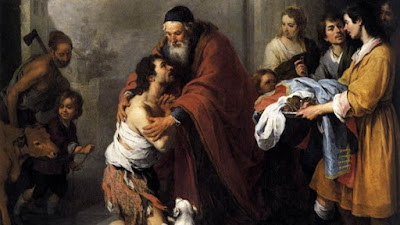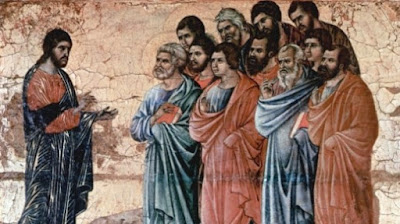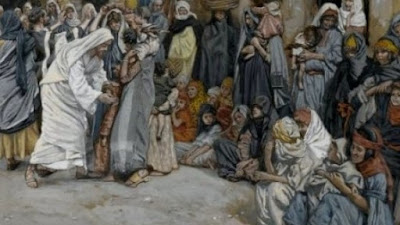Homily for the 24th Sunday in Ordinary Time, September 15, 2019, Year C

Fr. René J. Butler, M.S. Provincial Superior, La Salette Missionaries of North America Hartford, Connecticut ( Click here for today’s readings ) Let’s make one thing perfectly clear. The celebration of the prodigal son’s return will last, in keeping with the local custom, a week or so. But when the party’s over that son will get his wish. He will be like a hired servant, maybe better off and enjoying certain privileges, but he will be forever dependent. He will have no inheritance when his father dies. His father makes that clear when he says to the elder son, “Everything I have is yours.” The elder son wasn’t concerned about questions of inheritance. He was angry because he never had such a party. This parable comes close to home for a lot of people. It dredges up images of old sibling rivalries. But that is not the point. This parable is more like the parable of the workers in the vineyard, where the question is: What’s fair? The elder brother clearly has resentments of


